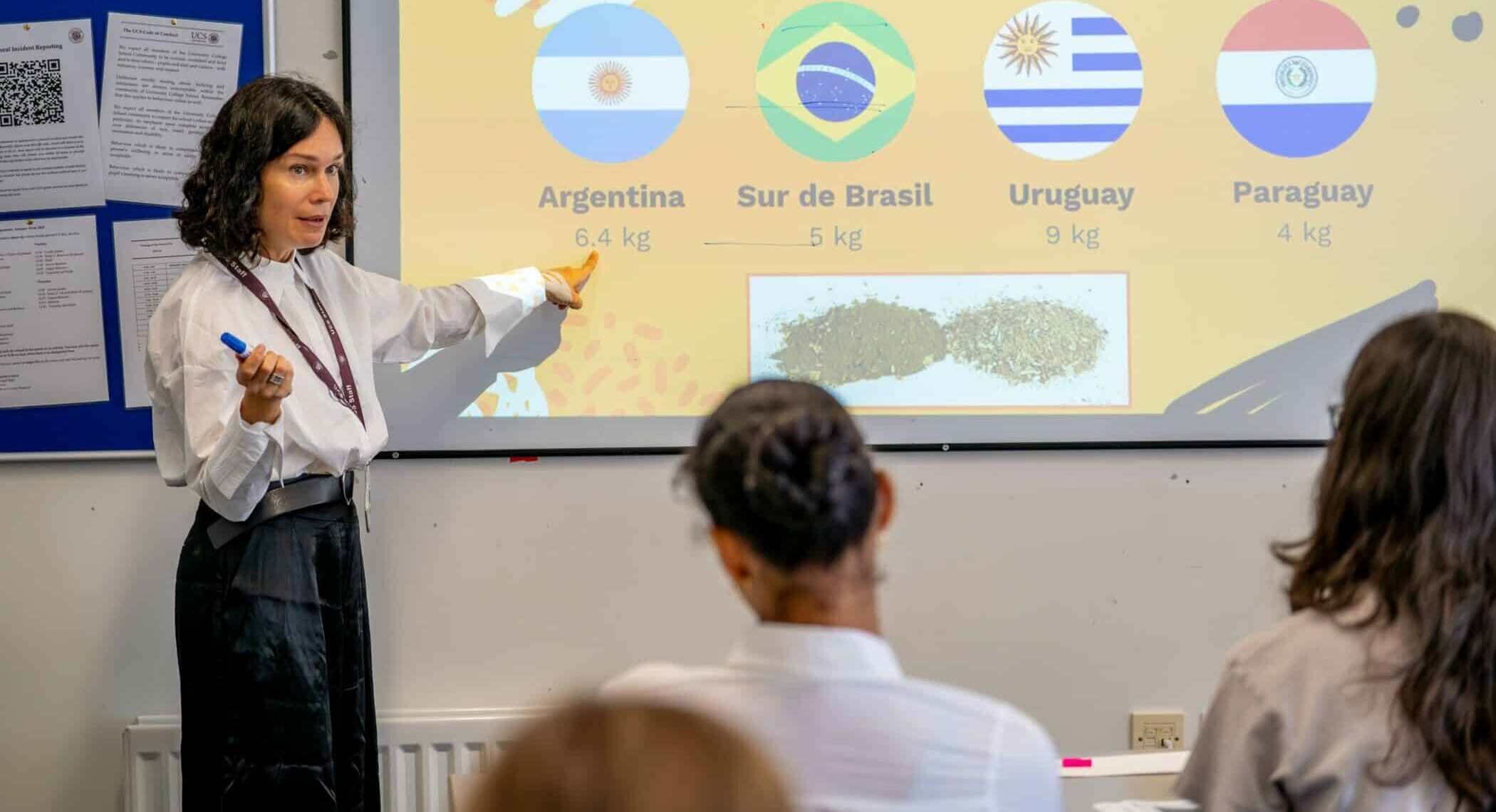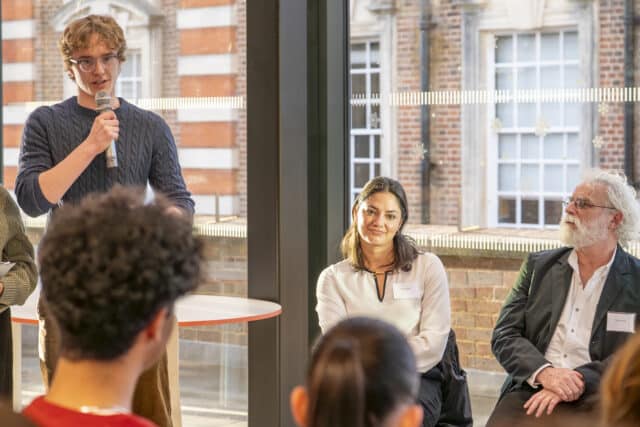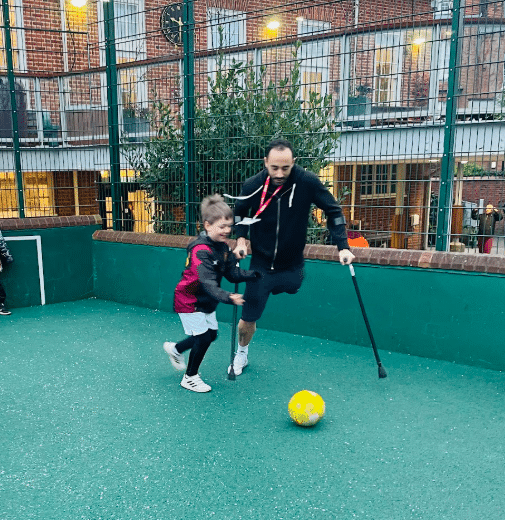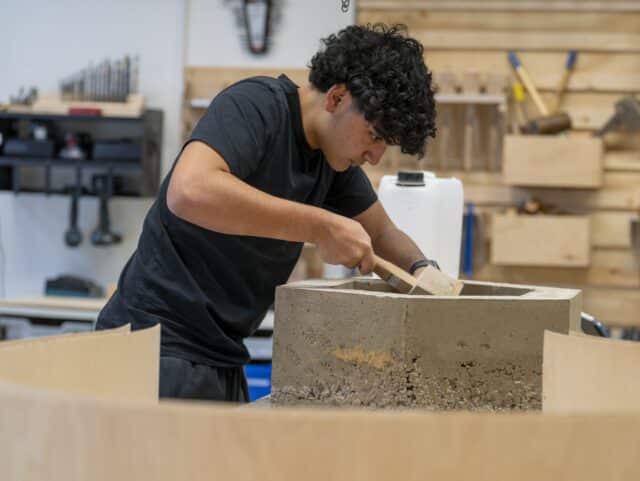Enrichment Week reveals Languages in all their glory
Head of Modern Languages, Stephanie Hess, and Head of Enrichment, Mark Reiderman, explain why Modern Languages are the perfect material for shaping an academic Enrichment Week and reveal their priorities in putting together a week-long programme of activities with everything from rapping in Mandarin to yoga in French via exploring cultural and linguistic heritage…oh, and lots of food.
What makes Modern Languages a fitting subject for an Enrichment Week?
Stephanie Hess: Learning Modern Languages is so much more than learning words, it is also about culture and customs, and so possibilities are endless in terms of finding ideas for an Enrichment Week. In line with the school ethos, we like our pupils to explore other cultures and develop a broader global perspective. Learning a new language promotes inclusivity by allowing pupils to engage with individuals from diverse backgrounds. It fosters a sense of empathy and cultural sensitivity, helping students become more open-minded and accepting of differences.
How does it help to have a week dedicated to your subject?
Mrs Hess: All teachers regularly enrich their lessons with culture, while events, competitions and talks are organised throughout the year. However, the Enrichment Week enables us to take that further and organise events that are a bit more unusual – such as taster sessions in languages spoken by pupils at UCS but not taught at UCS, or giving the opportunity for pupils to reflect and write about their own cultural and linguistic heritages.
What makes a successful Enrichment Week?
Mark Reiderman: A successful Enrichment Week must provide academic stimulation that goes beyond the curriculum for pupils across all year groups. The most successful ones combine a variety of activities that enthuse pupils and make the week feel special by breaking up the routine of weekly lessons.
What is new about this latest Enrichment Week?
Mr Reiderman: This Enrichment Week sees the first ever ‘Junior Morris Lecture’ in which a Sixth Form pupil will give an academic lecture to Entry and Shell pupils. Her lecture will examine the links between popular protests in Mexico and street art in the country. I’m really excited to continue pitching more activities that bring together pupils from different year groups.
What were your aims in putting together this programme?
Mr Reiderman: I can’t take credit for the vast majority of the activities featured in this Enrichment Week. I’m very lucky to work with an enthusiastic and positive group of Heads of Department, teachers and language assistants, who jumped at the chance to develop a rich and varied programme for pupils. Modern Languages, in particular, lends itself to a programme that features competition, music, cooking, trips as well as academic workshops and lectures.
What do you hope pupils will take away from the week?
Mrs Hess: I hope they come out with a sense of pride, thinking about the language they speak at home or are learning at school; that they enjoy the activities; that they come out of it curious and wanting to learn more about languages and culture; that they try or learn new things and develop their sense of empathy and cultural sensitivity.
If you were a pupil, which activity would you fancy?
Mrs Hess: I love discovering and trying new things, so I would attend the Argentinian mate [see image above] tea tasting. I am intrigued and wonder if it is similar to Japanese matcha tea and whether tea serving in Argentina also has its rituals, rather like Japanese tea ceremonies.
Which three words best describe Enrichment Week?
Mr Reiderman: Diverse, ambitious and lively.
Back to all highlights



